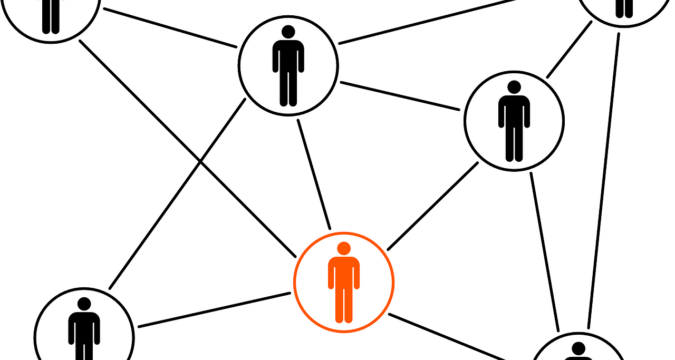
Chainlink is an industry web3 platform that seeks to connect the world to blockchain technology. It is a decentralized computing platform that enterprises can use to achieve a number of purposes, including data transfer between blockchains.
The network uses oracles to achieve this. Oracles are software that act as an intermediary, translating data from the real world to smart contracts on the blockchain and back again. This enables Chinlink to transfer real world data to smart contracts on the blockchain.
The native token used on the network, LINK, is an ERC-20 token that those who request data on the Chainlink network can use to pay the node operators. The node operators also use LINK to stake to serve as validators on the network.
In this guide, we list some of the top alternatives for Chainlink when you want to use the network for the data services it provides.
API3
API3 is a first-party oracle solution launched in December 2020. Through it, developers can use APIs to connect their decentralized applications (Dapps) to real world data streams, just like Chainlink.
It can also be used by API to turn their regular APIs into those that can be integrated with web3. This decentralized oracles solution platform is available on multiple blockchains, unlike Chainlink which is only available on Ethereum.
It runs on Polygon, BNB Chain, and Avalanche, allowing more people to use it with more efficiency than Chainlink which runs on Ethereum’s sometimes slow network.
Pyth Network
Pyth Network is an oracle that publishes financial market data to multiple blockchains. It runs on Ethereum, Polygon, Solana, Avalanche, BNB Chain blockchains. Market making firms and various exchanges contribute data on Pyth Network.
It then continuously aggregates and publishes prices of different asset types such as US equities, commodities, and cryptocurrencies.to provide accurate price feeds. The platform currently delivers real-time market data to financial dApps across 40+ blockchains.
Witnet
Witnet is a decentralized oracle network for smart contracts that connects smart contracts to online data sources such as stock prices, weather forecasts, and other blockchains. It uses a distributed network of mining nodes called witnesses, which can retrieve and submit data to smart contracts.
The platform’s native token, WIT Token is used to incentivize witnesses for retrieving, attesting and delivering web content for clients. The token is also used by clients to pay witnesses for their Retrieve-Attest-Deliver (RAD) work.
Witnet is relevant in the B2B space in the High Tech, Blockchain Technology market segments. Unlike the first two, it runs on its own blockchain, and the WIT Token can be mined, just like the case with proof-of-work (PoW) networks like Bitcoin.
Band Protocol
Band Protocol is an Ethereum-based application development platform for building token-curated communities. Users can build communities around their unique crypto tokens on Band Protocol, giving them much flexibility.
Transactions on the platform are processed through BandChain, which also allows users to send oracle data across multiple blockchains. Band Protocol also offers a data Oracle platform that aggregates and connects real-world data & APIs to smart contracts.
The native token, BAND, can be used to deploy a validator node by staking. The tokens can also be delegated to node operators to earn rewards. It also serves as the governance token of the network, empowering holders to vote on decision making concerning the development of the platform.
PARSIQ
PARSIQ is a decentralized network that allows users to connect blockchain activity with off-chain apps or devices. It is also used to secure and monitor DeFi applications and create custom event triggers to power real-time automations.
With the platform, simple triggers can be created that send notifications for all blockchain transactions, including large scale transactions. It can also be used to create workflows that span multiple blockchains and other apps.
The platform can be used to create smart contracts for specific uses by simply modifying the features.


